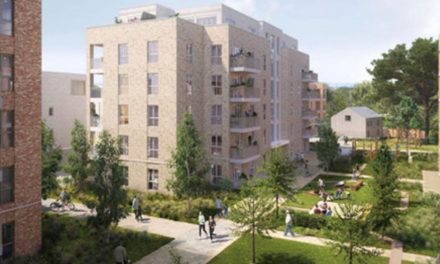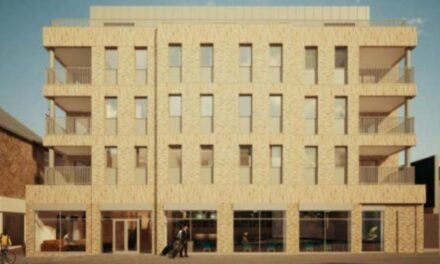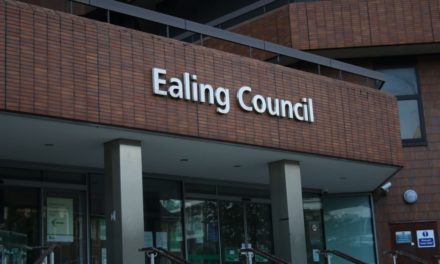Local elections in the Royal Borough of Kingston upon Thames (RBKC) By Leah Tompkins, Senior account executive at DevComms
Overview
Having voted strongly to Remain at the 2016 Brexit Referendum, support for the incumbent Conservative administration was significantly diminished in the Borough of Kingston. The Liberal Democrats capitalised on the discontent at the 2018 elections, total of 21 seats previously held by other parties, including taking 19 from the Conservatives and two from Labour. Since the 2018 London elections, RBKC has therefore been under Liberal Democrat control winning 39 out of the 48 seats available. The Conservative party are the only opposition, controlling the remaining nine seats.
The borough is considered safe Liberal Democrat territory, with both parliamentary constituencies within the borough having swung considerably further to the Lib Dems in the 2019 General Election. However, it is expected that the opposition parties may benefit from the clear unrest due to the high levels of council tax and development controversies, with particular emphasis on the controversial proposed redevelopment of the local Kingfisher Leisure Centre. Whilst the Lib Dems may lose a few seats they currently hold, it is widely expected that they will retain control of the council.
Kingston council has whole council elections every 4 years. This year’s election will take place under new boundaries following the Local Government Boundary Commission review which determined an increase in wards from 16 to 19, whilst the number of councillors remains at 48. See the new boundary ward map here.
Internal Political Issues at RBKC
Following the 2018 election, the Kingston Liberal Democrats have been plagued by infighting, which has resulted in changes to the political composition of the council and diluted the Lib Dem’s majority.
Shortly after the election, Liberal Democrat Councillor Sharon Sumner defected to the Green Party amid a disagreement with the Liberal Democrat leadership. Cllr Sumner subsequently resigned from the council in early 2022, over claims she was bullied into silence by the council leadership. Her seat has remained vacant in the lead up to the local election.
The then Council leader Liz Green was excluded from her own party in March 2020, after having led the Liberal Democrat Group for 7 years. Her replacement was Councillor Caroline Kerr, who had only won her seat in the 2018 election. However, only 18 months later, after standing in as leader of Kingston Borough Council, Councillor Kerr resigned. The Liberal Democrat Group then went on to elect Councillor Andreas Kirsch as the new council leader.
The result has been a prolonged period of change and uncertainty regarding the leadership and strategic direction of the council, which could come back to haunt the Lib Dems in the forthcoming election.
The Kingfisher Leisure Centre
In December 2019, the Kingfisher Leisure Centre was closed due to structural issues with its roof and to facilitate urgent repairs. At the RBKC planning committee held on September 1 2021, almost two years after the leisure centre closed, the council announced plans to demolish the building in order to construct a replacement facility. Despite public engagement identifying that the replacement of the leisure centre was a key local priority, the decision has been received negatively by both local residents and councillors alike.
The controversy surrounding this issue directly led to the resignation of Liberal Democrat councillor and Grove ward member, Jon Tolley from the Party. Jon Tolley, remained the ward member for Grove ward, where the Kingfisher Leisure Centre is located. His exit from the Liberal Democrat Party follows the council’s suggested timeframe for rebuilding the leisure centre, and subsequent reports about the expected costs and sourcing of funding which he considered to be both unrealistic and dishonest.
Councillor Tolley has continued to represent Grove ward as an Independent Liberal Democrat Councillor but has however since confirmed that he will not be seeking re-election in the forthcoming local elections.
Other local issues
Other major local issues which could sway voters this election are the ongoing housing crisis in the Borough and the high rate of council tax. Kingston has the highest council tax rates in London, with the average annual bill for a Band D property in Kingston sitting at £2.097.80.
The Kingston Independent Resident Group (KIRG), which is an independent party compromised of locals and ex-councillors of both Liberal Democrat and Conservative persuasion, are hoping to capitalise on the current local issues and newly drawn boundary map at this year’s May election thereby reducing the current Liberal Democrat majority.
Conclusion
As a result of the ongoing unrest and change within the council since the 2018 election, it is considered that the Liberal Democrats will likely retain overall control of RBKC, however it is highly likely that they will do so with a decreased majority which will afford increased opportunity for the opposition parties to influence council decisions.
© London West (powered by ukpropertyforums.com).
Sign up to receive your free bi-weekly London West journal here















